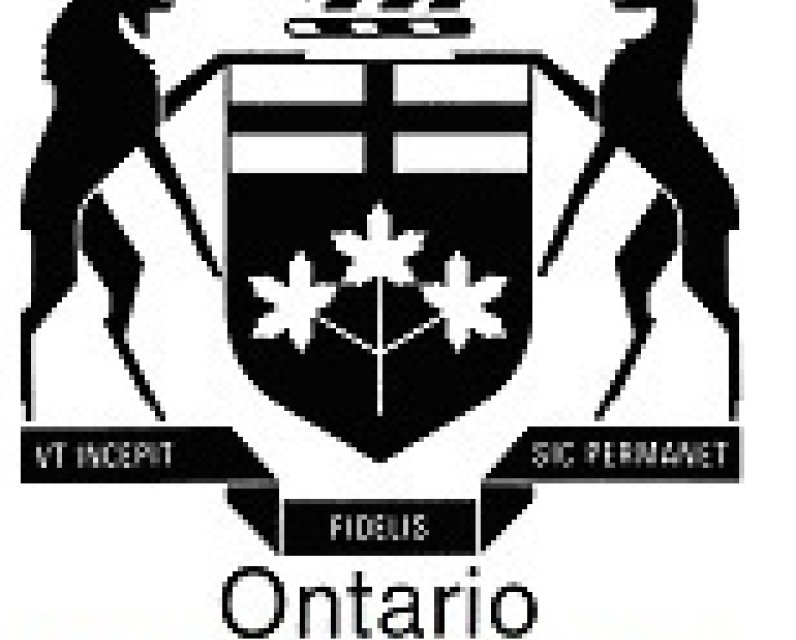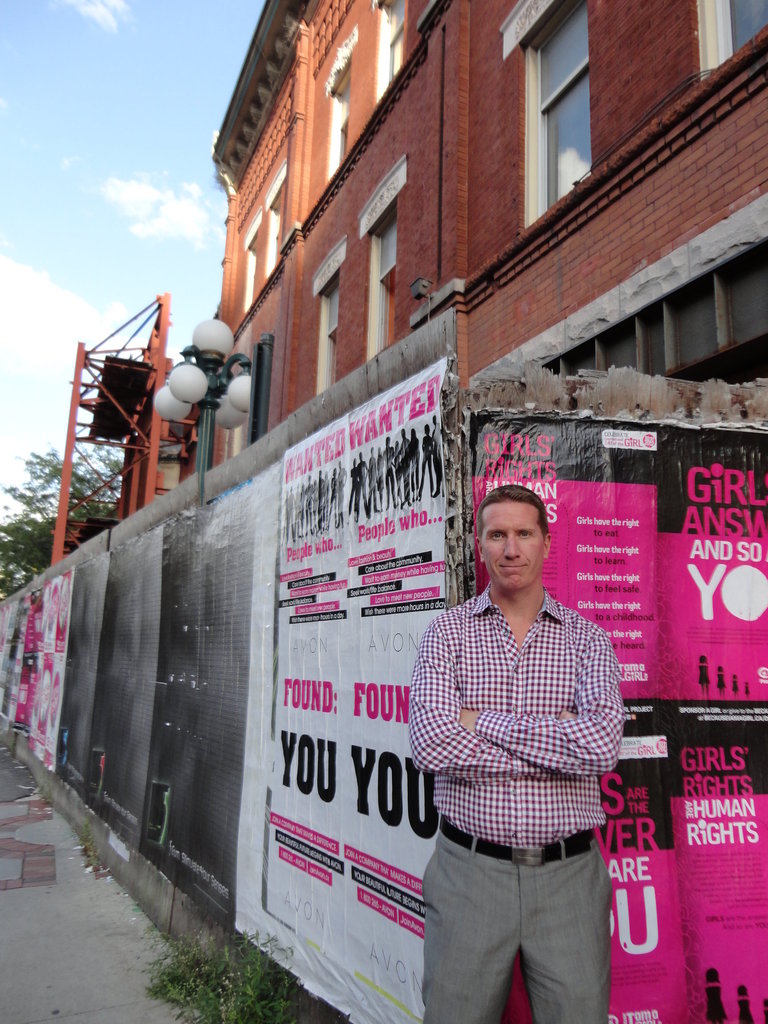Unpublished Opinions
Jeff grew up in Elliot Lake, Ontario. At age 18, he founded the first ever Elliot Lake Terry Fox Run to fund cancer research, was a Director with the Elliot Lake Multicultural Society, and acted as Umpire in Chief for Elliot Lake Minor Ball.
In 1990, Jeff moved to Ottawa to attend the University of Ottawa, where he graduated with a BA in Political science in 1994 and a Masters degree in science politique in 1996. Since that time, he worked for several Members of Parliament, and worked in several national associations, including the Canadian Construction Association as Director of Environment and Director of Government Relations, and his current position as Director of Government Relations and Public Affairs with the Canadian Pharmacists Association.
For more information please visit my website: http://www.jeff2014.ca.
Why the Ontario Municipal Board Appeals Process Has to Go

The OMB appeals process takes control and accountability over planning issues away from communities and democratically elected officials. The appeals process needs to be revoked.
Many Ottawa residents may think that City Council has the final say on planning and development issues within the City of Ottawa. This is not true. In Ontario, planning decisions made by democratically-elected City Councils are subject to an appeals process to the Ontario Municipal Board (OMB), a provincially-appointed arms length organization that has the power to impose zoning, development, and planning decisions on any municipality in the province. Grounds for launching an appeal are so broad that essentially any planning decision made by a City Council are open to appeal by anyone, whether it’s a developer, a community group, or another stakeholder.
So what does the existence of this process mean for you and your community? First, it takes decision-making out of the hands of communities. Ultimately, some party needs to be accountable for decisions on development and planning. In democracies, that accountable party should be elected representatives who are answerable to the people. But with the OMB appeals process, accountability is held in the hands of unelected, appointed (and usually Toronto-based) bureaucrats who are only accountable to themselves.
Second, it’s costly. Appeals require resources, primarily legal. Taxpayers, community groups, and developers are forced to spend untold millions of dollars on an appeals process – and because of these costs, not all interested parties have the means of participating in appeals, which thereby disenfranchises many stakeholders. It is a “pay to play” system. Just 2 weeks ago, I attended a fundraiser by a local community group in order to finance an expected OMB appeal. There are much better uses of taxpayer and community dollars than funding unnecessary appeals. As a 2011 Globe and Mail editorial stated, “The OMB has spawned a huge industry of lawyers and consultants whose services are required by those who use the appeal.”
Third, it reduces the collaborative spirit that should exist between developers, planners, the city, and local communities. When all parties know that the OMB has the final say on development decisions, there is less likelihood of compromise and collaboration between all parties to bring about the best development solutions acceptable to all.
Fourth, although the OMB is supposed to use locally developed Official Plans and zoning requirements in its deliberations, this is not always the case. For instance, a recent OMB ruling overruled the City of Waterloo’s provincially-approved Growth Plan. It has overruled City of Toronto decisions agreed to by both Toronto planning staff and City Council. And where official plans, zoning regulations, and Community Design Plans are not fully in sync (which is often the case in Ottawa), the OMB has a free hand to interpret its own planning philosophy.
We see the impact of the OMB appeals process throughout Ottawa. For example, in my ward, the Soho condominium development on Lisgar Street between Bank and O’Connor was permitted extra height due to an OMB appeal. City Council’s decision to limit Ottawa’s urban boundary was appealed, and overturned by the OMB, allowing for greater sprawl on the city’s edges. And just last month, following Council’s decision to reject a new Sandy Hill development on Laurier Ave East, speculation was immediate that an appeal would be filed, and has a good chance of being successful.
There are some people who claim that ending the appeals process will never happen. However, in March 2013, a Private Members Bill was introduced at Queen’s Park that would exempt the City of Toronto from the OMB appeals process – that bill passed 2nd reading and just a few weeks ago was referred to a legislative Committee (although with the provincial election call, it will need to be reintroduced in the new sitting of the legislature). It should be noted this bill was introduced following an explicit request by Toronto City Council in 2012. If the OMB appeals process can be ended for Toronto, why can it not for Ottawa?
In short, the OMB appeals process is arcane, undemocratic, unaccountable, and unnecessarily costly. Ottawa City Council needs to add its voice to those of other municipalities and say “It’s time for the appeals process to go”.



Comments
Be the first to comment